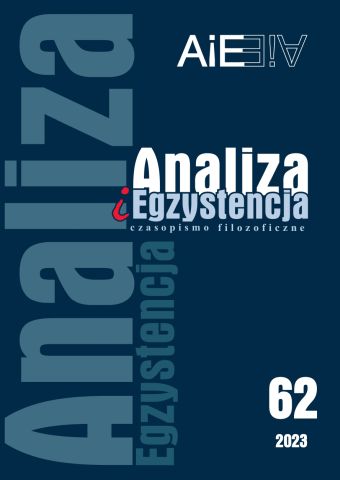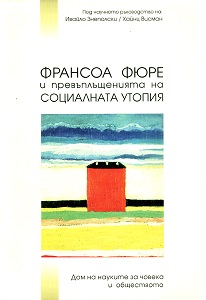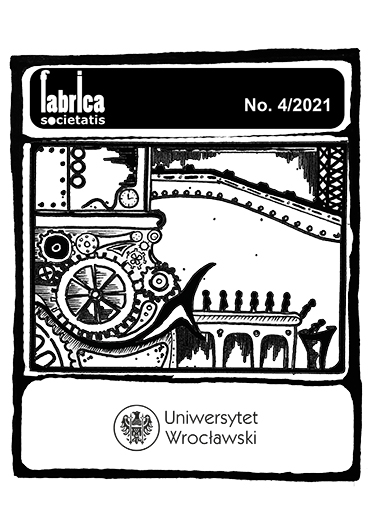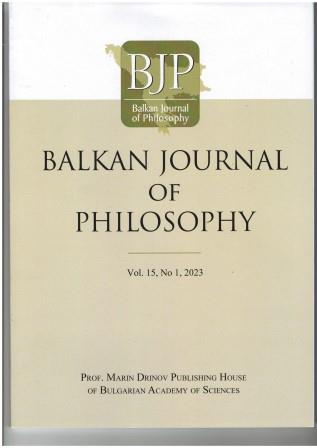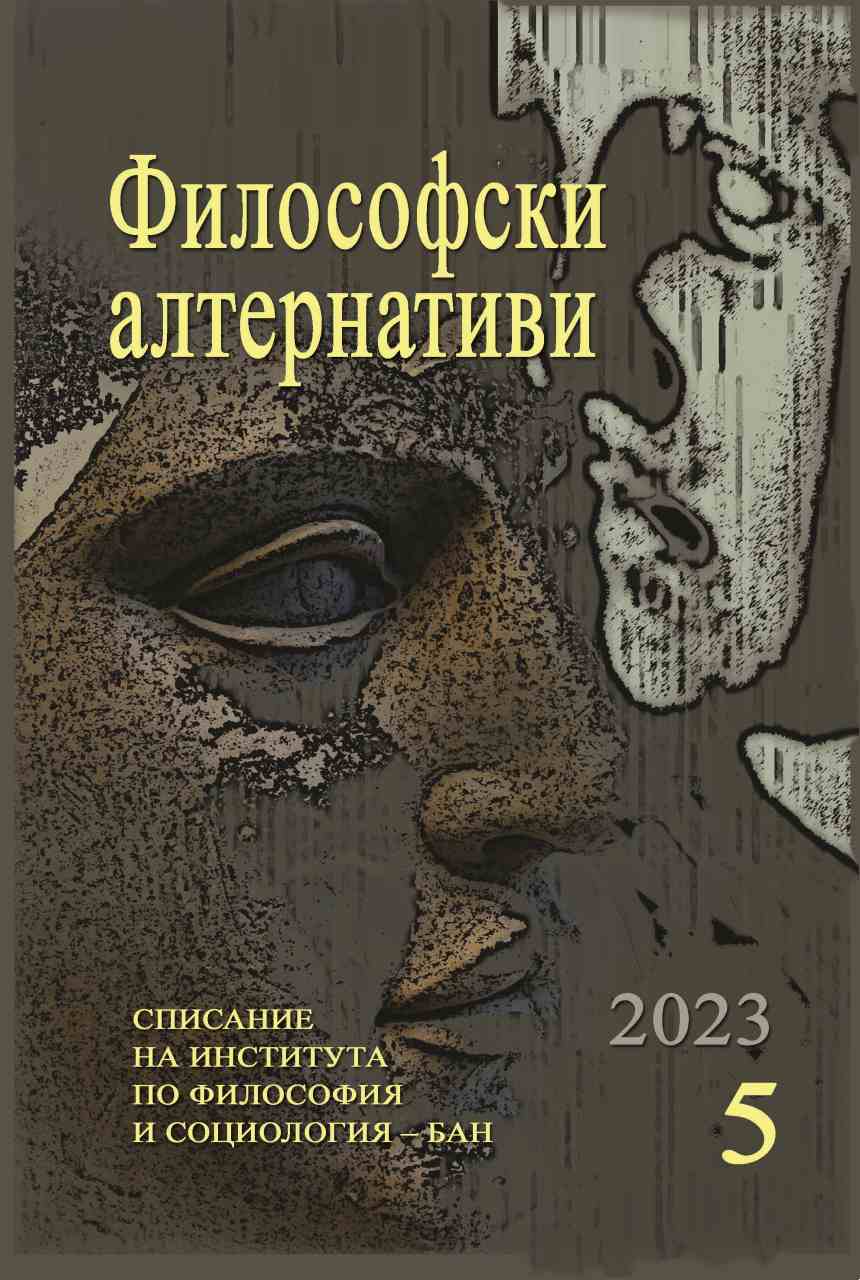Author(s): Dimitris Georgiadis / Language(s): English
Issue: 8/2023
Today, one in every 50 human beings is a migrant worker, a refugee, asylum seeker, or an immigrant living in a ‘foreign’ country. Current estimates by the United Nations and the International Organization for Migration indicate that some 150 million people live temporarily or permanently outside their countries of origin (2.5% of the world’s population). Many of these, 80-97 million, are estimated to be migrant workers and members of their families. Another 12 million are refugees outside their country of origin. These figures do not include the estimated 20 million Internally Displaced Persons forcibly, displaced within their own country, nor tens of millions of internal migrants, mainly rural to urban, in countries around the world. Throughout centuries, philosophers from Kant to Walzer have debated questions of freedom of movement, state coercion and belonging. As Agnes Woolley has argued, these issues are given a new urgency in the context of climate change and the crisis of global capitalism, requiring us to face them with a ‘planetary consciousness’. Increasing ethnic and racial diversity of societies is the inevitable consequence of migration. Increasing migration means that a growing number of States have become or are becoming more multi-ethnic and are confronted with the challenge of accommodating people of different cultures, races, religions, and languages. Addressing the reality of increased diversity means finding political, legal, social, and economic mechanisms to ensure mutual respect and to mediate relations across differences. But xenophobia and racism have become manifest/obvious in some societies which have received substantial numbers of immigrants, as workers or as asylum-seekers. In those countries the migrants have become the targets in internal disputes about national identity. In the last decade, the emergence of new nation states has often been accompanied by ethnic exclusion. Migration in the modern world raises some of the most pressing philosophical questions. Aim of this presentation is to present the relationship between Human Rights, Racism and Migration.
More...
